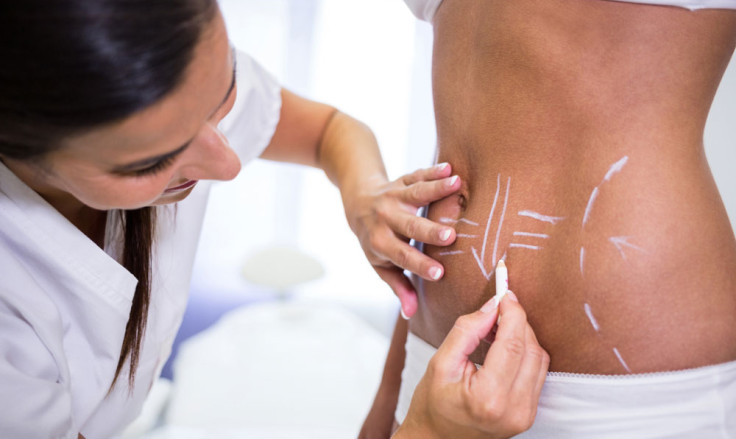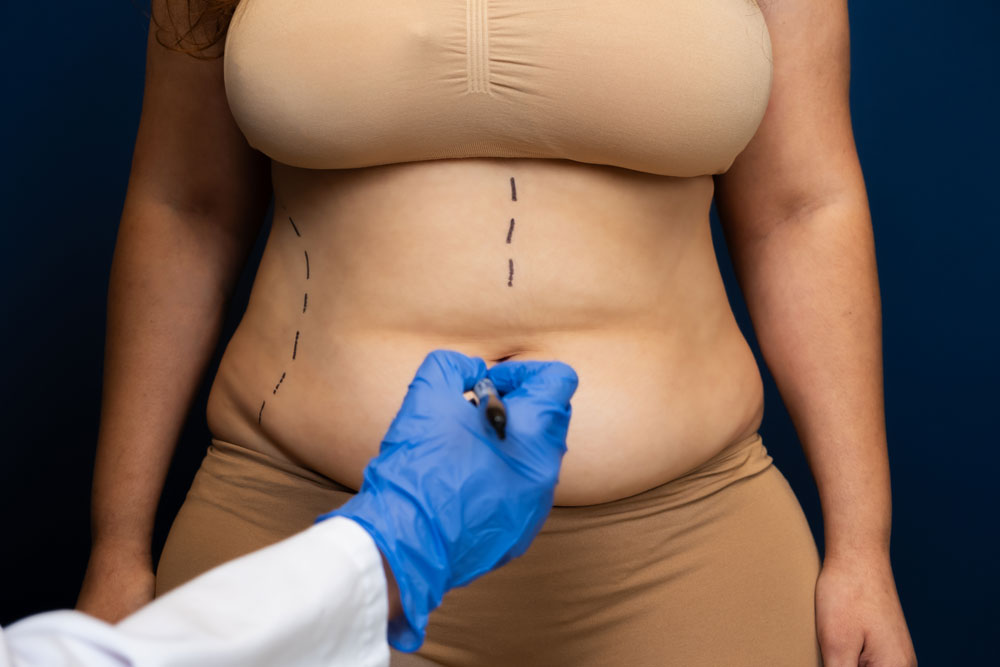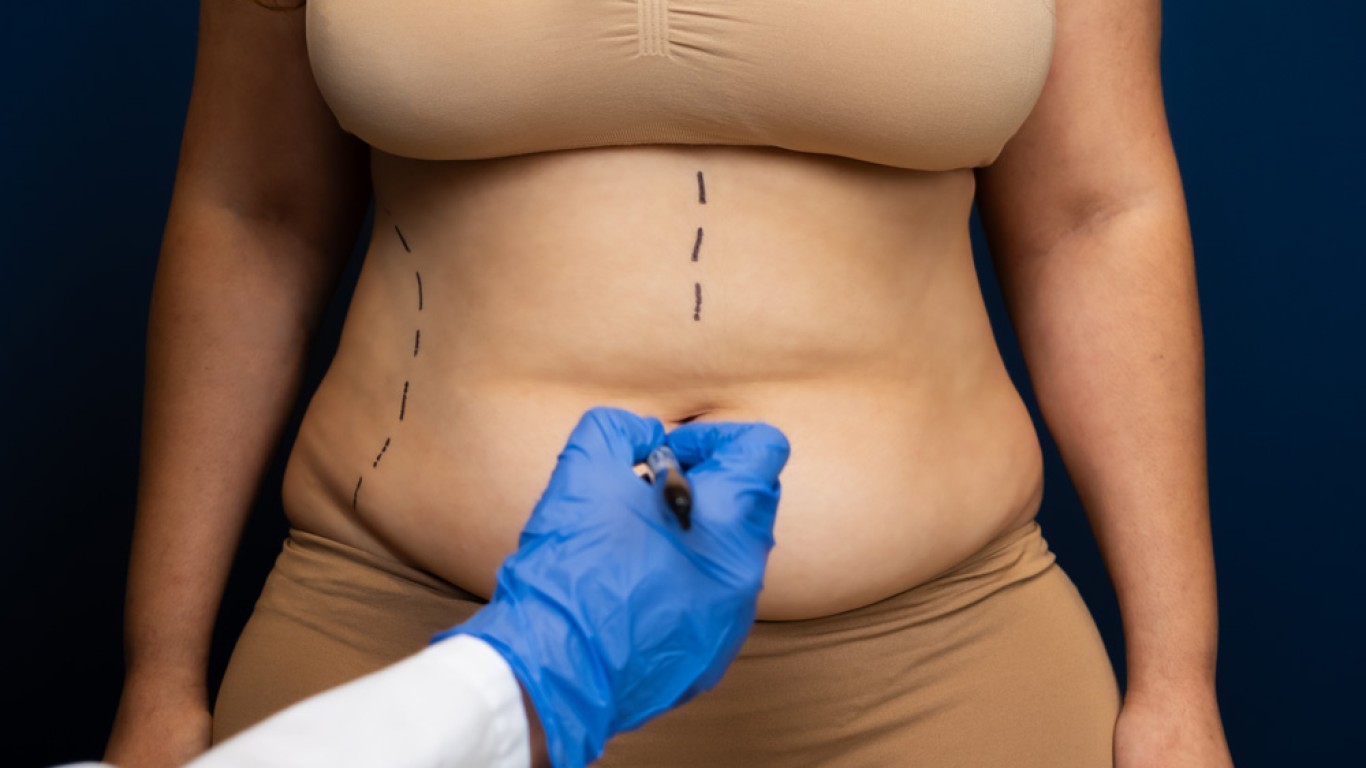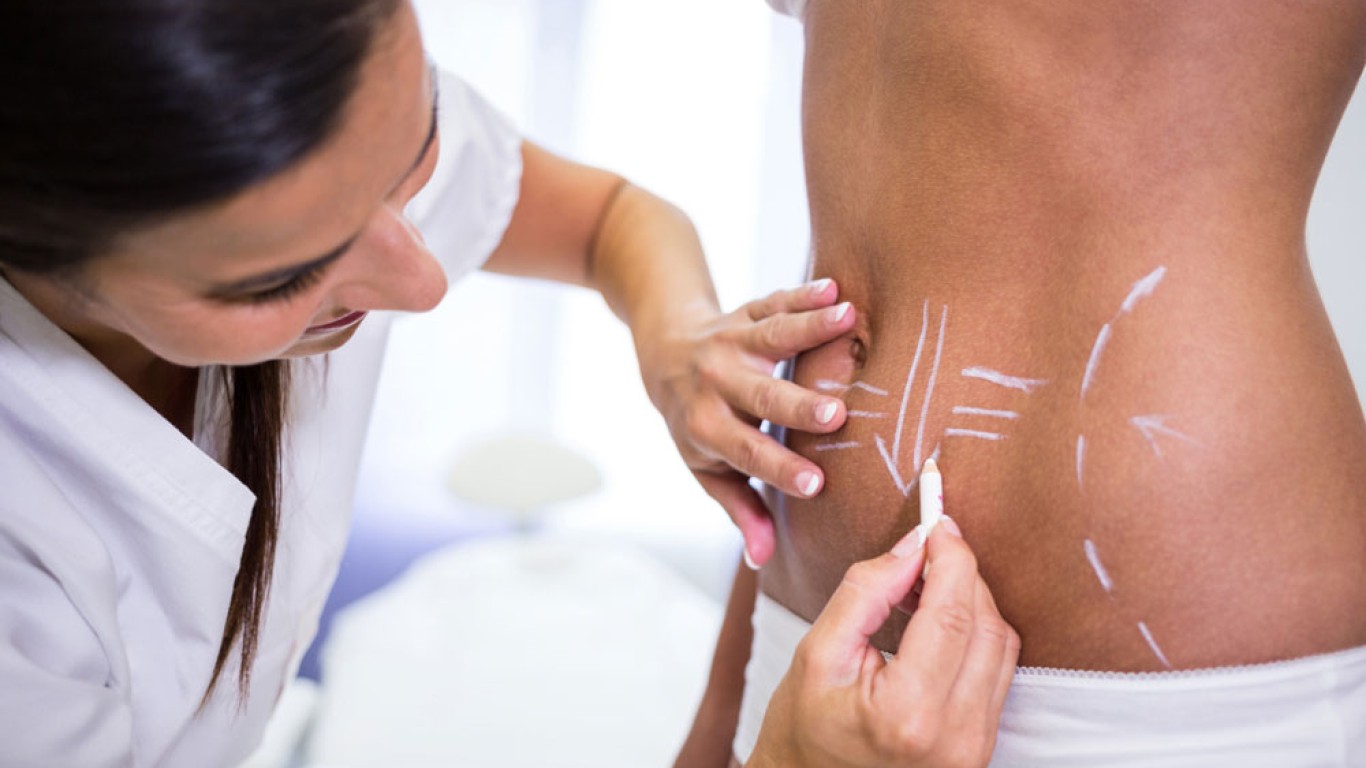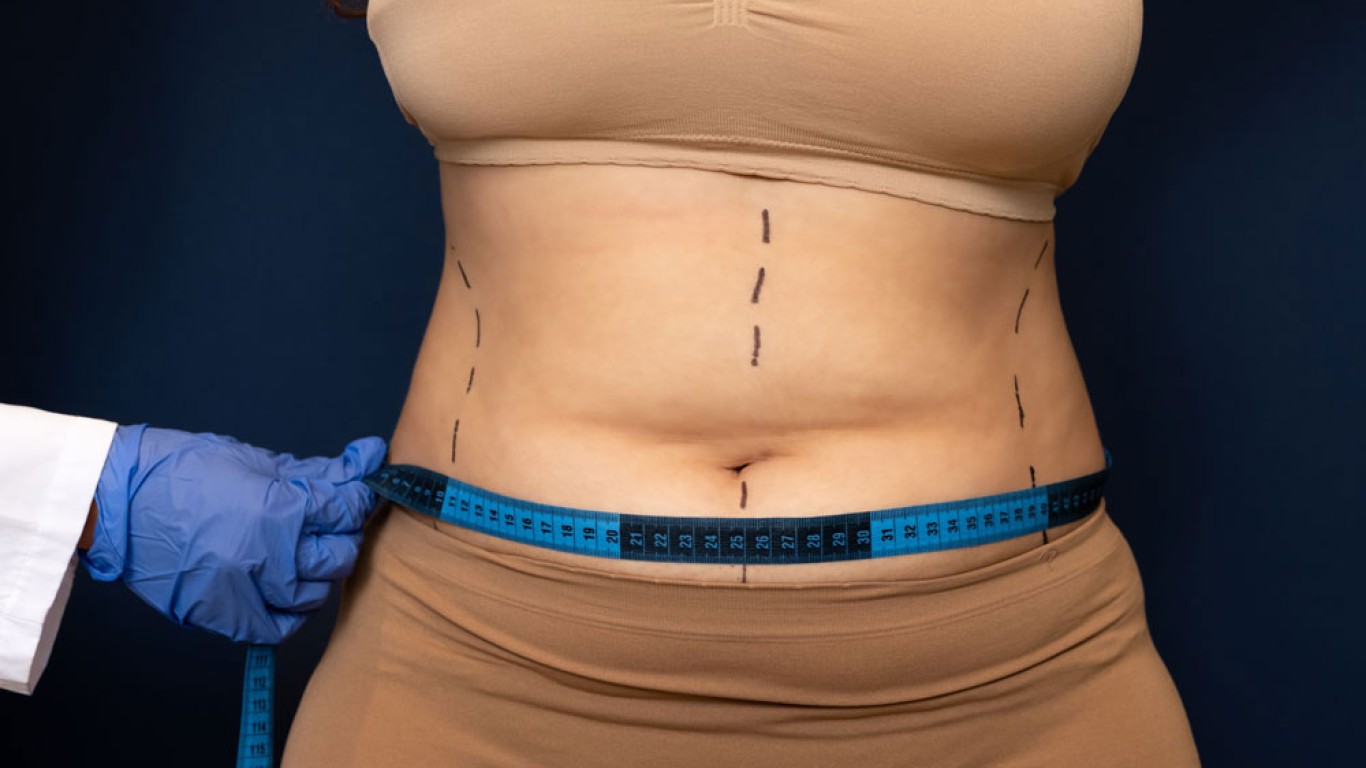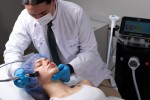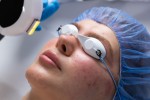Abdominoplasty is also commonly known as a tummy tuck. It is a popular cosmetic surgery that helps flatten and tighten the abdomen. While the results can be life-changing, proper recovery is crucial for achieving the best outcome. This article provides essential tips to help you recover smoothly after an abdominoplasty procedure.
1. Follow Your Surgeon’s Instructions
Your surgeon will provide detailed post-operative instructions tailored to your specific procedure. It’s important to follow these guidelines closely to ensure a smooth recovery and avoid complications.
- Medications: Take all prescribed medications as directed to manage pain and prevent infection.
- Wound Care: Keep the incision site clean and dry. Follow your surgeon’s advice on dressing changes and showering.
- Activity Restrictions: Avoid strenuous activities, heavy lifting, and any movements that may strain your abdomen.
2. Wear Your Compression Garment
Wearing a compression garment after abdominoplasty helps reduce swelling and supports your healing process.
- Benefits: The garment helps minimise swelling, supports your abdominal muscles, and aids in skin retraction.
- Duration: You will need to wear the compression garment continuously, except when showering. Wear the garment for several weeks as advised by your surgeon.
3. Get Plenty of Rest
Rest is vital for recovery. Your body needs time to heal, and pushing yourself too hard can lead to complications.
- Rest Period: Take at least two weeks off work and avoid any strenuous activities. Listen to your body and allow it the time it needs to recover.
- Sleeping Position: Sleep with your upper body elevated to reduce swelling and pressure on your abdomen. Using extra pillows or a wedge pillow can help maintain a comfortable position.
4. Stay Hydrated and Eat a Balanced Diet
Proper nutrition and hydration play a key role in the healing process.
- Hydration: Drink plenty of water to stay hydrated. This helps reduce swelling and flush out toxins from your body.
- Balanced Diet: Eat a diet rich in vitamins, minerals, and proteins to support tissue repair. Include fruits, vegetables, lean proteins, and whole grains in your meals.
5. Avoid Smoking and Alcohol
Smoking and alcohol can negatively impact your recovery and increase the risk of complications.
- Smoking: Nicotine constricts blood vessels. This reduces blood flow to the healing tissues and potentially leads to delayed healing.
- Alcohol: Alcohol can interfere with medications and dehydrate your body, hindering the healing process.
6. Engage in Light Physical Activity
While rest is important, light physical activity can promote circulation and prevent blood clots.
- Walking: Take short, gentle walks around your home as soon as you feel comfortable. Walking helps improve blood flow and reduces the risk of blood clots.
- Avoid Strain: Avoid any activities that strain your abdominal muscles, such as bending, lifting or vigorous exercise. Hold off until your surgeon gives you the green light.
7. Monitor for Signs of Complications
It’s important to be aware of the signs of potential complications. Contact your surgeon immediately if you notice anything unusual.
- Infection: Look out for symptoms like increased redness, swelling, warmth, or discharge from the incision site. Fever and chills may also indicate an infection.
- Excessive Swelling or Pain: Some swelling and discomfort is normal. Excessive swelling, severe pain, or any sudden changes should be reported to your surgeon.
8. Attend All Follow-Up Appointments
Regular follow-up appointments with your surgeon are essential for monitoring your recovery progress.
Scheduled Visits: Attend all scheduled follow-up visits. These appointments allow your surgeon to assess your healing and address any concerns.
Progress Monitoring: Your surgeon will check your progress. This includes incision healing, abdominal muscle positioning, and the overall progress of your recovery.
Conclusion
Recovering from an abdominoplasty requires careful attention to your body and following your surgeon’s instructions. You can support your healing process and achieve the best possible results through various tactics. This includes wearing your compression garment, staying hydrated, resting, and engaging in light activity.
Remember to avoid smoking and alcohol, and stay vigilant for any signs of complications. Regular follow-up appointments with your surgeon are key to ensuring a successful recovery. This will help you enjoy your new, flatter abdomen.
Frequently Asked Questions
Recovery typically takes several weeks. Full recovery and final results can take a few months.
Most patients can return to light activities within two weeks. Strenuous activities should be avoided for at least six weeks.
Yes, swelling is a common part of the recovery process. It may last several weeks to a few months.
A compression garment helps reduce swelling, supports healing, and improves the overall results.
Contact your surgeon immediately if you notice anything unusual. This can include increased redness, swelling, warmth, or discharge from the incision site.
